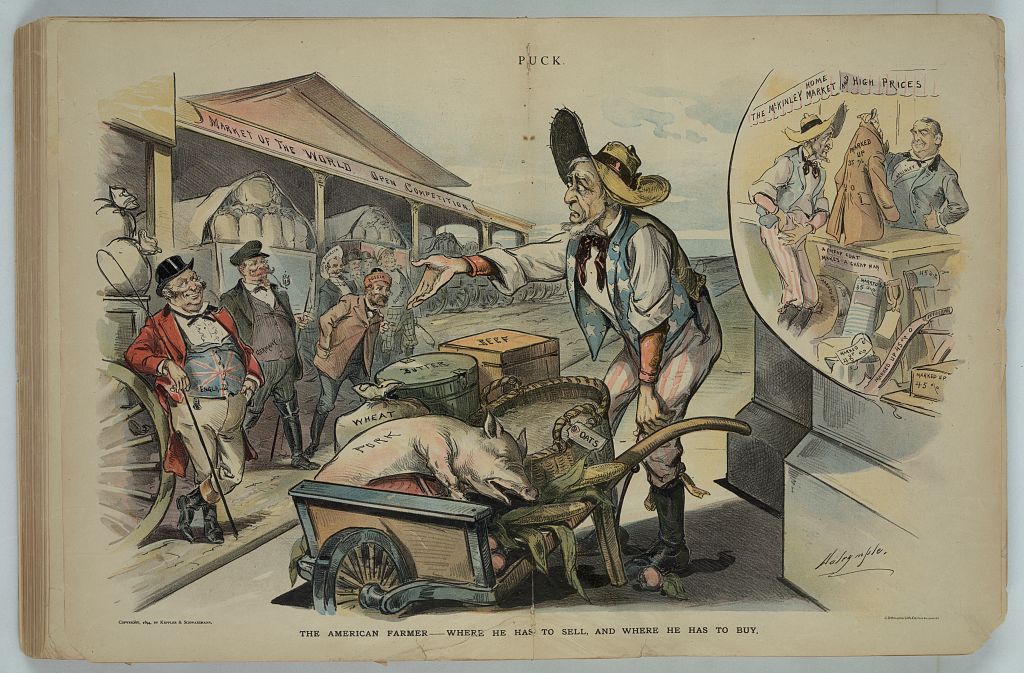Introduction

Central Question: How did farmers respond to the many problems they faced during the late 1800s?
In 1873, Mark Twain and Charles Warner co-authored a book in which they referred to the period after the Civil War as a "gilded age". Used in jest, the term refers to the thin layer of gold (or wealth) that disguised the rampant corruption and problems of the time period. On the surface, life appeared pleasant and promising. New factories were constructed, cities exploded in growth, and the west boomed with hopeful homesteaders. However, a look beneath the surface exposed great greed, political corruption, and pain; a life not truly golden for many Americans.
Following successful completion of this lesson, students will be able to:
- Identify the circumstances that encouraged farmers to organize politically during the late 1800s.
- Describe the origins of the Populist Party and the effect it had on society.
- Discuss the major political developments at the presidential and congressional level during the late 1800s.
The above objectives correspond with the Alabama Course of Study: US History 11 Objectives: 1.2 & 2.1.
This lesson incorporates the following Literacy Standards: R1, R2, R7, W4, W8 & W9.
Cartoon Citation:
"The American Farmer: where he has to sell and where he has to buy". Print. 15 August 1894. Lib of Congress. Web. 25 February 2014. <http://www.loc.gov/pictures/item/2012648745/>.